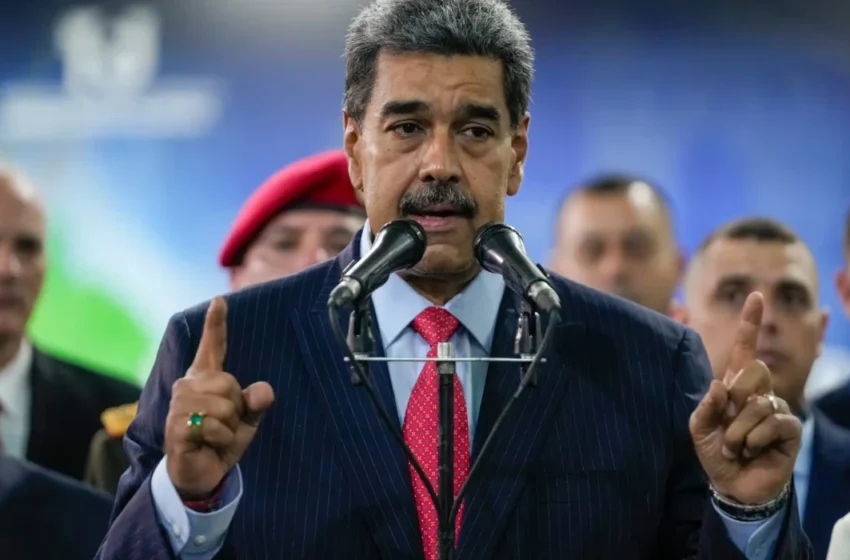
Venezuela dismisses UN order to halt elections in disputed territory
A decision by the U.N. top court directing Venezuela to forgo conducting elections for officials who would allegedly be in charge of a resource-rich area in neighbouring Guyana that both nations claim as their own has been “categorically” rejected by the country’s administration.
In a statement, the administration of Venezuelan President Nicolás Maduro emphasised its longstanding stance against acknowledging the authority of the International Court of Justice. It also claimed that the court is not permitted by international law to “interfere” or “attempt to prohibit” an election.
The government’s announcement was made a day after the Hague-based court rendered its decision at Guyana’s request. Guyana had accused Venezuela of breaking a previous order by holding elections on May 25 to choose a governor and other officials to run the Essequibo region.
According to the Venezuelan statement,
“Nothing in international law permits the International Court of Justice to seek to prohibit a sovereign act or to interfere in matters that are the sole purview of Venezuelan domestic law.”
Guyana had claimed in its appeal to the ICJ that the polls would result in “irreparable harm” to the Essequibo area, which comprises 125,000 of its 800,000 residents and two-thirds of its land.
Venezuela said Friday that the Essequibo “is an inalienable part of the Venezuelan territory and a legacy of our liberators. The entire Bolivarian Homeland is bound together by the historical, constitutional, and moral responsibility to defend it. We will not renounce our conviction in response to foreign pressure, judicial extortion, or a foreign tribunal.”
The disputed region, which is sparsely inhabited and makes up two-thirds of Guyana, is abundant in natural resources such as lumber, diamonds, and gold. Large offshore oil reserves are also nearby; at the moment, output averages over 650,000 barrels per day.
Because Essequibo was inside Venezuela’s borders during the Spanish colonial era, the country has long regarded it as its own. The boundary established by international arbitrators in 1899, when Guyana was still a British territory, has long been disregarded. In 2018, following years of unsuccessful mediation, Guyana requested that the World Court declare the 1899 boundary judgment to be enforceable. Venezuela contends that the initial arbitration was essentially void due to a 1966 agreement to settle the matter.
As tensions between the two nations continue to rise, the matter is still pending in court. After conducting a referendum to determine if Essequibo should become a part of Venezuela, Maduro vowed to take the area by force in late 2023. A few days later, Guyana and Venezuela agreed to forgo deploying force at an emergency conference of Caribbean leaders attended by the UN and Brazil. However, the argument goes on.
Irfaan Ali, the president of Guyana, condemned in March an armed Venezuelan military ship’s entry into disputed areas where a significant offshore oil discovery owned by ExxonMobil is being exploited. Delcy Rodríguez, the vice president of Venezuela, denied Ali’s allegations and referred to ExxonMobil’s oil installations as “illegal.”


